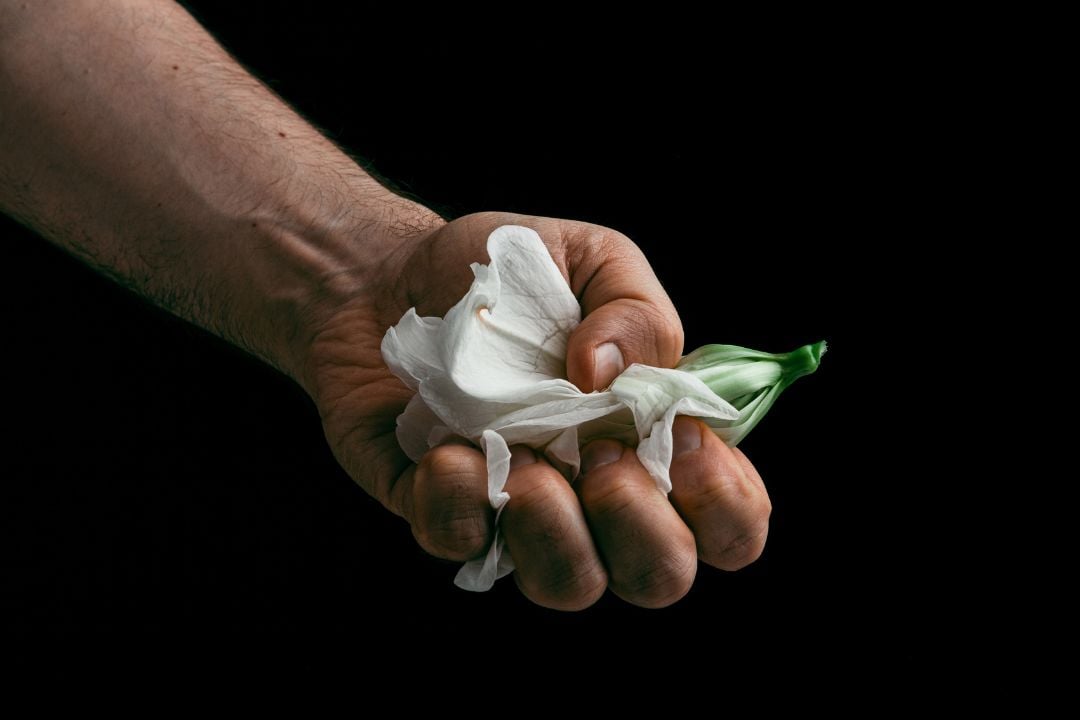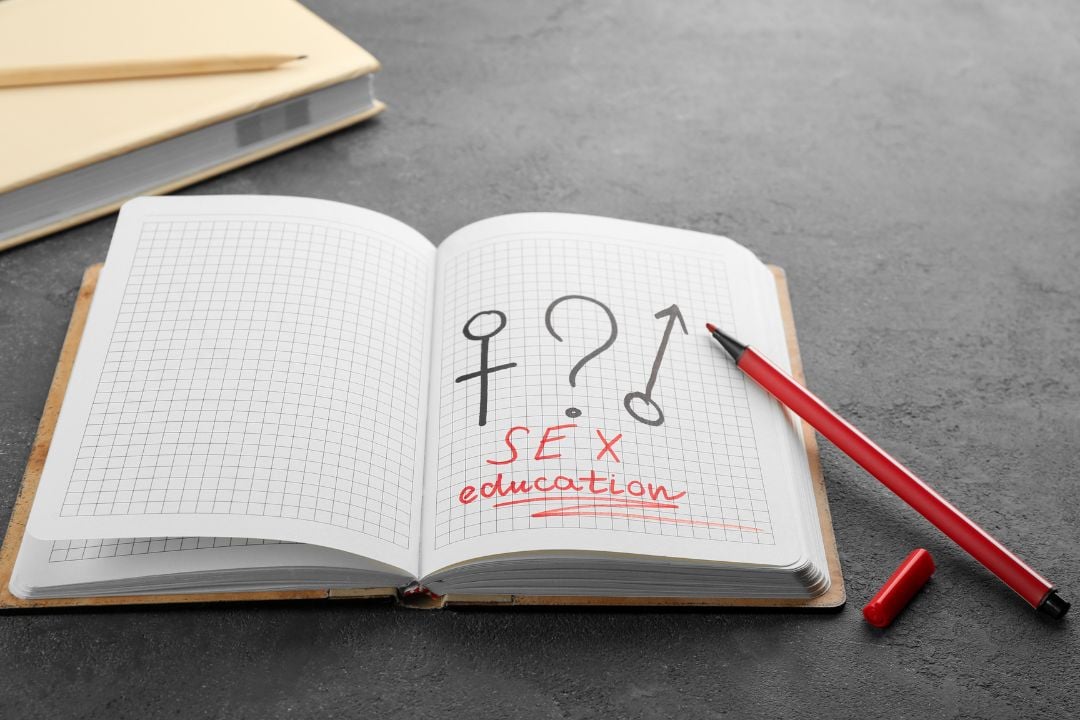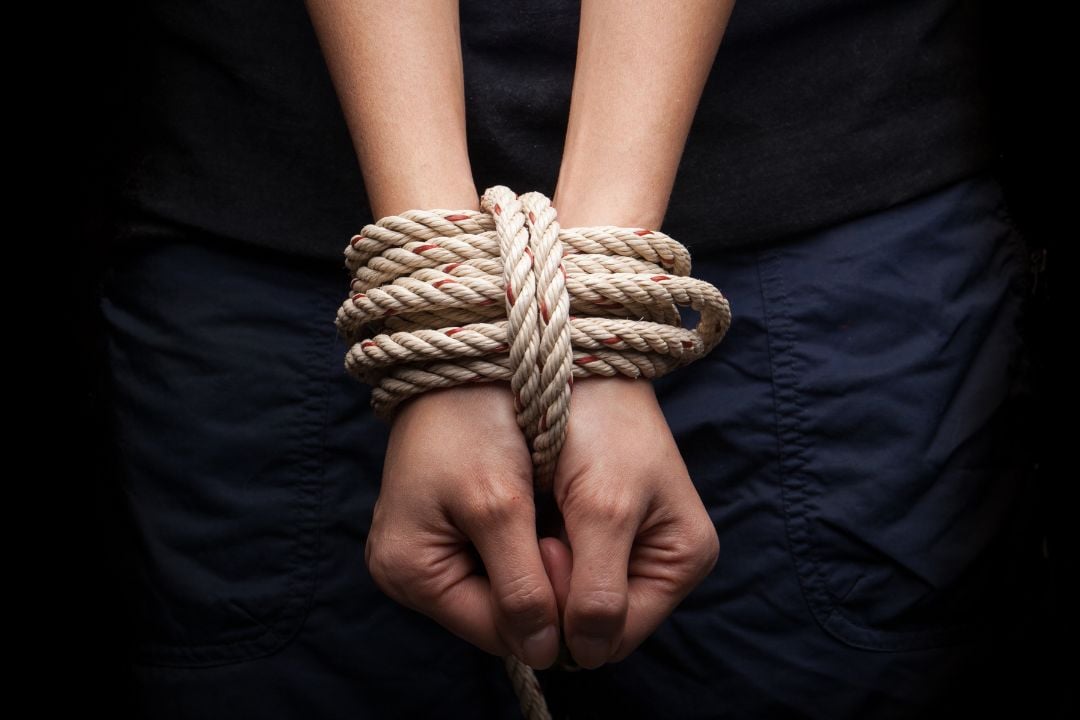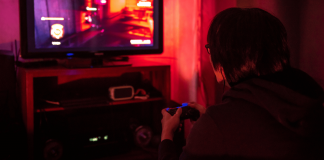Content warning: Some readers may find the descriptions and photos in this article graphic and triggering. Discretion is advised.
MS Explains: How are children in Singapore protected from abuse?
This piece is part of MS Explains, a segment where we provide clarity to common or key topics, making them easier to digest.
–
On 21 Feb, a father in Taiwan was sentenced to 18 years in jail after abusing and killing his child.
The 31-year-old man — who was later diagnosed with antisocial personality disorder — had committed egregious actions on the two-year-old boy over the span of a few months, including inserting a water pipe into his anus and squeezing his genitals.
The court ultimately ruled that his fatal assault was not “directly intentional”.
In Singapore, netizens were outraged when a father was sentenced to 18 months in jail last year after forcing his 10-year-old daughter to perform sexual acts on him.

Source: Africa images on Canva, for illustration purposes only
Some were appalled by the “light” sentence, while others raised concerns about the possibility of repeated abuse and the welfare of the victims, many of whom live with the trauma for years.
MS News speaks to experts on what can be done to protect minors in Singapore, and whether harsher laws are the only way to address the issue.
Are harsher laws the answer?
“There are various criminal punishments that Singapore has not adopted,” said Ms Stefanie Yuen Thio, Chairperson of SG Her Empowerment (SHE) and Joint Managing Partner of TSMP Law Corporation.
In South Korea, for example, child molesters may be punished with chemical castration.
Ms Yuen acknowledges that it is natural to demand such harsher sentences on child predators, given the anger and disgust that arise from reading about such cases.
Nonetheless, she noted that these emotional responses cannot be the basis of law and sentencing.
“I think a lot of in-depth study has to be done into the effectiveness of harsher and different sentencing for sexual offences,” said Ms Yuen Thio.
Harsher punishments, for instance, do not always translate into effective deterrence, and chemical castration is an example of this.
“One doesn’t need to have an erection to be able to molest a child or rape a person,” she said, quoting a famous sociologist Andrej König from Dortmund University.
Even when men cannot penetrate, they can show aggressive and problematic behaviour that is not contained by chemical castration.

Source: OlgaMiltsova on Canva, for illustration purposes only
Singapore also does not have a sex offender registry, which some view as an effective deterrent for sexual offences.
The registry — which has been adopted in countries such as the United States — is meant for monitoring and tracking offenders once they return to the community.
However, it comes with its own set of social issues.
Family members of perpetrators have previously been harassed or attacked due to the information publicised in the registry.
“We should not let our emotions overtake what is reasonable and has a better chance of being effective, taking into account the interests of everyone involved,” said Ms Yuen Thio.
The cost of harsher laws on victims
Harsher laws may also translate to heavy court trials for abuse survivors — which could have a negative emotional toll.
Ms Yuen Thio cites the Sentence for Enhanced Public Protection (SEPP) introduced in Singapore in February 2024 as an example.
Under the new sentencing regime, extremely dangerous convicted offenders can be detained beyond their sentence if they are deemed a threat to public safety.
One of the crimes that SEPP applies to is the sexual penetration of a minor.
While supposedly a legal change that increases the deterrence of child predators, Ms Yuen Thio is cautious about celebrating the change as a wholly positive development.
“There are many challenges in establishing the facts of the offence, including the victim having to relive the trauma multiple times,” she said.
Victims will also have to bear the pressure families impose on them to not expose the crime.
The coherence and reliability of a traumatised minor giving testimony is also an obstacle.
Given these challenges that come with cases of child sexual abuse, Ms Yuen Thio said that penal laws cannot be the sole protection against such heinous abuse.
“The family members and those in the victim’s immediate social and school circles need to be vigilant and proactive about showing concern,” she urged.
“As a community we all have a part to play.”
Recognising warning signs in children of abuse
In many cases of child sexual abuse, the perpetrators were adults trusted by the victims, such as parents or teachers.
“These individuals often exploit their position of trust, making the abuse particularly damaging and difficult for victims to disclose,” said Mr Alvin Goh, Executive Director of the Children’s Aid Society.
Because it is difficult for children and youths to speak up about this abuse, the adults around them need to stay vigilant about behavioral changes.
Withdrawal, mood swings, and avoidance of specific individuals can all be warning signs of abuse.
Other signs include a caregiver exerting excessive control on a child, or a child behaving rebellious or submissively toward a particular adult.
“Recognising these indicators early is key to ensuring timely intervention and providing the necessary support to protect the child,” Mr Goh said.

Source: fizkes on Canva, for illustration purposes only
There are also hotlines that victims can turn to should they distrust the other adults in their lives:
- Child Protective Service Helpline (1800 777 0000)
- Tinkle Friend by Singapore Children’s Society (1800 2744 788), and the Police.
Meanwhile, legal channels such as Personal Protection Orders (PPO), child protection orders, and domestic exclusion orders, exist to protect victims who live in the same household as the perpetrator.
The speed at which these orders are handed down will depend on individual cases. However, authorities will move fast where there is a real and imminent risk.
“Certainly if the perpetrator’s home is with the victim, that would be a red flag and the authorities will want to act pre-emptively,” explained Ms Yuen Thio.
Educating children about body safety
Experts further noted that children in Singapore should be taught about body safety as part of their education.
According to Mr Goh, age-appropriate education includes teaching students anatomically correct terms of body parts, building in children the idea that their body belongs to them, and empowering them with the right to reject unwanted touches.

Source: pixelshot on Canva, for illustration purposes only
More importantly, schools should also teach children how to tell appropriate physical interactions from inappropriate ones.
“Education is not a foolproof solution to prevent abuse, but it is an important first step in equipping children with the knowledge and confidence to protect themselves,” he said.
The impact of sentencing offenders on abuse survivors
Mr Goh shared that his organisation does not take a stance on specific sentencing policies.
“[However,] we believe it is vital that legal outcomes reflect the gravity of crimes against children, and the deep, lasting impact these offences have on survivors,” he said.
Trauma stemming from abuse combined with perceptions of legal injustices can impact a survivor’s emotional recovery, added Mr Goh.
For Ms Yuen Thio, perpetrators who repeatedly commit such crimes should deservedly receive more scrutiny.
“I would be in favour of having even more harsh sentences for repeated offences against children,” she said.
Also read: Ex-Offender in S’pore Molests Stepdaughter Again After Prison Release, Jailed 3 Years
Ex-Offender in S’pore Molests Stepdaughter Again After Prison Release, Jailed 3 Years
Have news you must share? Get in touch with us via email at news@mustsharenews.com.
Featured image adapted from doidam10 on Canva, for illustration purposes only.








